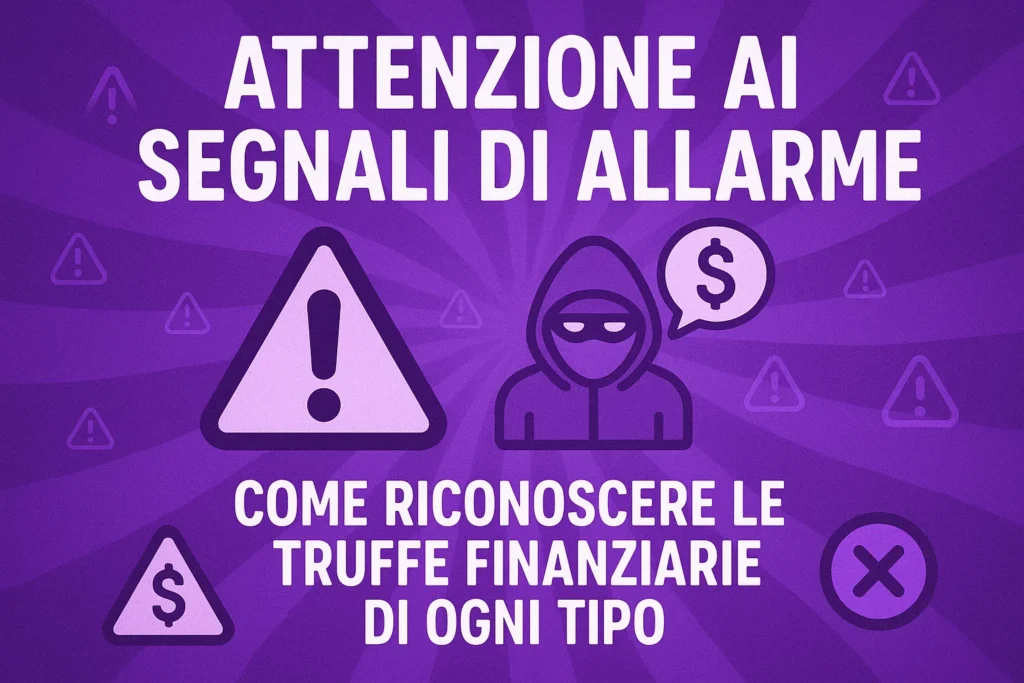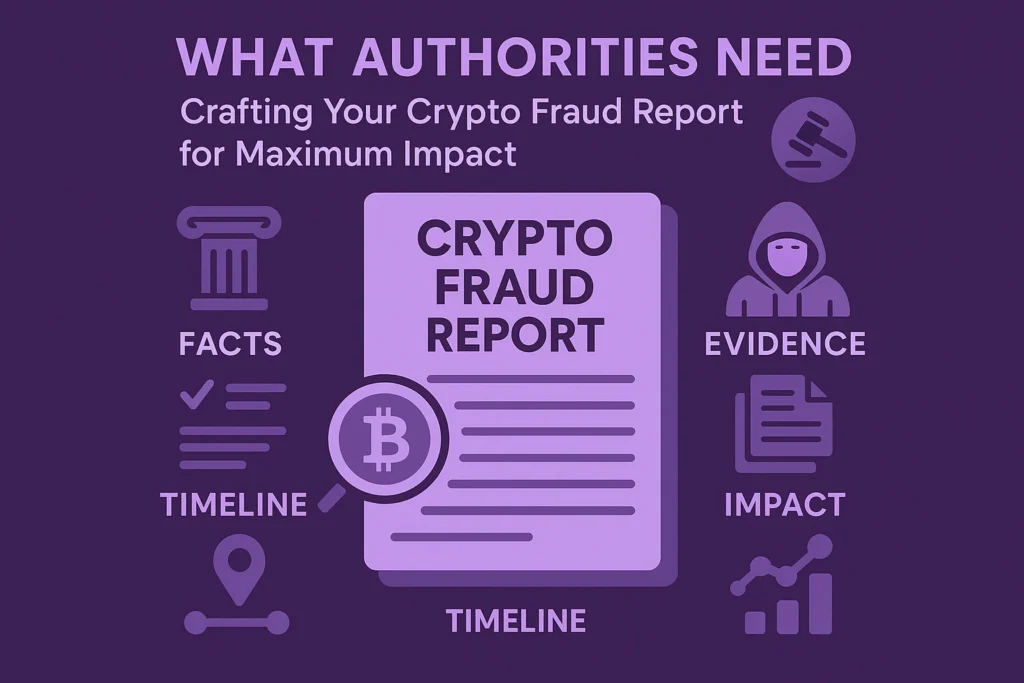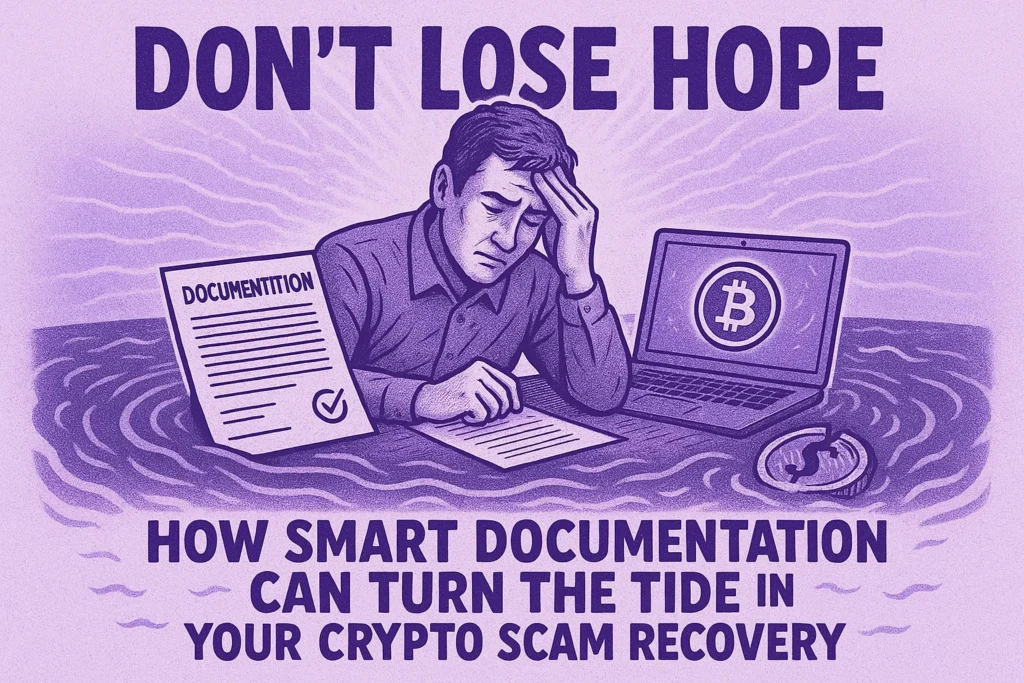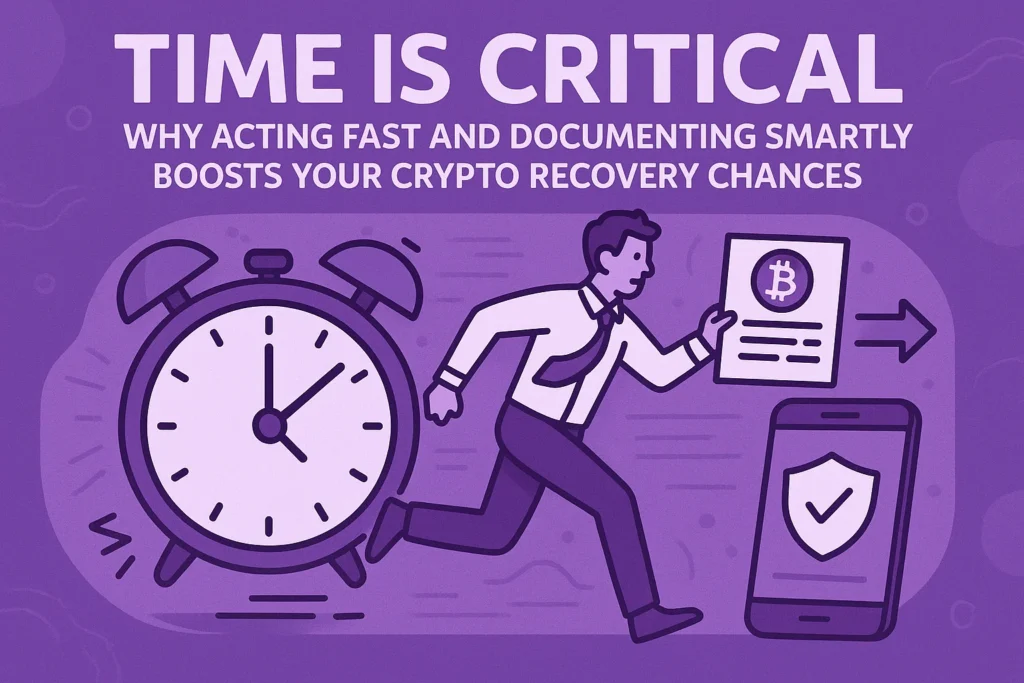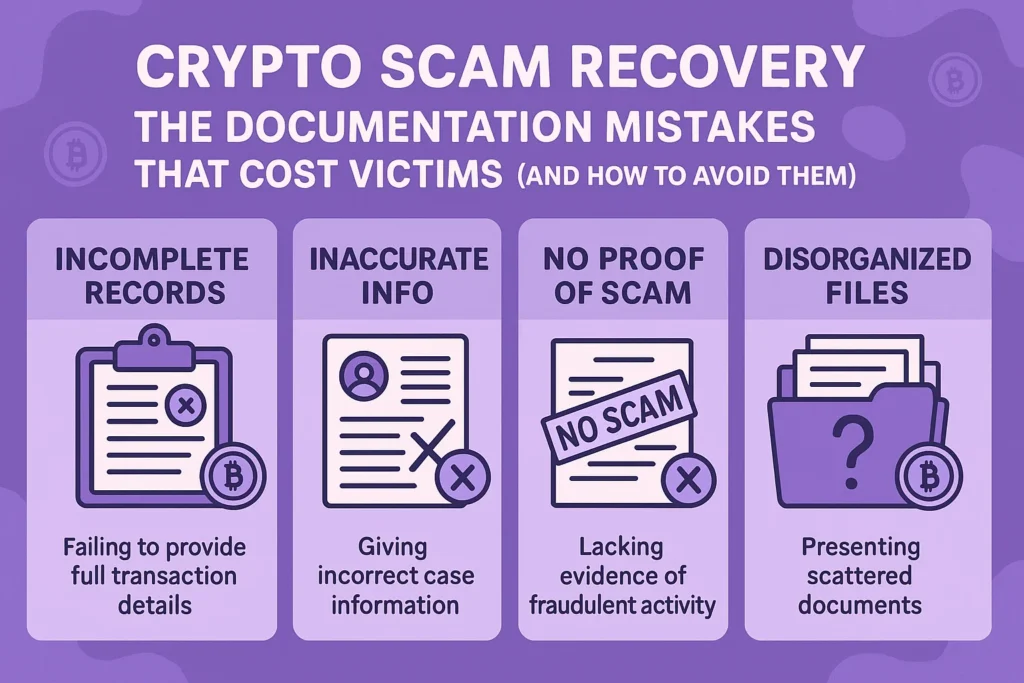Old scams don’t vanish — they evolve. At CyberClaims, we’re committed to keeping you informed about the latest and most dangerous scams in 2025 while equipping you with practical tools to protect yourself.
The Rising Threat of Sophisticated Scams
With advancements in technology, scammers are finding innovative ways to deceive individuals, often targeting emotional vulnerabilities or exploiting cutting-edge tools like AI and deepfakes. Fraudulent schemes are not only harder to identify but are increasingly tailored to trick even the most vigilant consumers. According to the FBI, losses from scams among individuals aged 60 and older surged by 11 percent last year, amounting to over $3.4 billion in 2023.
Here are the five key scams to watch for in 2025:
1. Employment Scams
Fake job postings and recruitment schemes are flooding platforms like LinkedIn and Indeed. Scammers offer fake opportunities that require upfront payments for training, certifications, or equipment, only for victims to discover the job is a sham.
How to Protect Yourself:
- Verify job postings: Check the company’s official website for listings.
- Be wary of personal information requests: No employer needs your Social Security number or bank details during the application phase.
- Avoid upfront payments: Genuine employers do not ask for fees to secure a position.
2. Cryptocurrency Scams
The surge in cryptocurrency’s popularity, especially with Bitcoin surpassing $100,000 in 2024, has led to a rise in scams. Fraudsters use fake investment platforms, dating apps, and social media to lure victims with promises of high returns. Victims often see fabricated profit reports to encourage further deposits, only to face exorbitant withdrawal fees or vanish altogether.
How to Protect Yourself:
- Check platform legitimacy: Verify if an exchange is registered with the Commodities Futures Trading Commission (CFTC) or the National Futures Association (NFA).
- Beware of urgent crypto payment requests: Scammers often exploit urgency to trick victims.
- Seek financial advice: Consult a trusted advisor before making cryptocurrency investments.
3. Celebrity Impostor Scams
Scammers posing as celebrities use social media, email, or fake endorsements to exploit victims. Emotional manipulation is a common tactic, with impostors claiming financial hardships or promoting fake products.
How to Protect Yourself:
- Don’t trust online celebrity interactions: Legitimate celebrities won’t ask for money or personal information.
- Research endorsements: Use terms like “scam” when searching for product reviews tied to celebrity promotions.
- Verify directly: Contact celebrities’ official management teams for confirmation.
4. Tech Support Scams
Pop-up alerts falsely claim your device is infected, tricking victims into granting scammers remote access. Fraudsters steal data, install malware, or sell unnecessary software.
How to Protect Yourself:
- Ignore unsolicited alerts: Legitimate tech companies don’t send pop-ups or emails about issues with your device.
- Don’t give remote access: Avoid granting access to your computer without verifying the source.
- Run security scans: Regularly use antivirus software to check for threats.
5. Card-Declined Scams
Fraudulent e-commerce websites trick victims with fake “card declined” messages, leading them to repeatedly enter their card details. Victims later find unauthorized charges on their accounts.
How to Protect Yourself:
- Use credit cards: They offer better fraud protection than debit cards.
- Check URLs: Ensure the website is legitimate and secure (look for “https” and a padlock icon).
- Avoid unsolicited offers: Ignore emails or texts with links to unfamiliar sites.
Reporting Scams
If you’ve encountered a scam, taking action can prevent others from falling victim. Here are resources to report scams:
- FBI Internet Crime Complaint Center (IC3): File a detailed report online.
- FTC Report Fraud Page: Submit complaints directly.
- CyberClaims Support: Contact us for assistance and further guidance.
Additional Resources
Stay ahead of scammers by leveraging these trusted resources:
- CISA’s Online Security Tips: Advice on protecting yourself from cyber threats.
- Europol’s Cybercrime Insights: Updates on emerging trends.
- Better Business Bureau Scam Tracker: Search and report scams.
- Identity Theft Resource Center: Assistance for identity theft victims.
Stay Vigilant with CyberClaims
At CyberClaims, we provide the tools and resources to keep you safe from the evolving landscape of scams. By staying informed, reporting suspicious activity, and sharing knowledge, you can help combat fraud in 2025. Always remember: Trust but verify.






